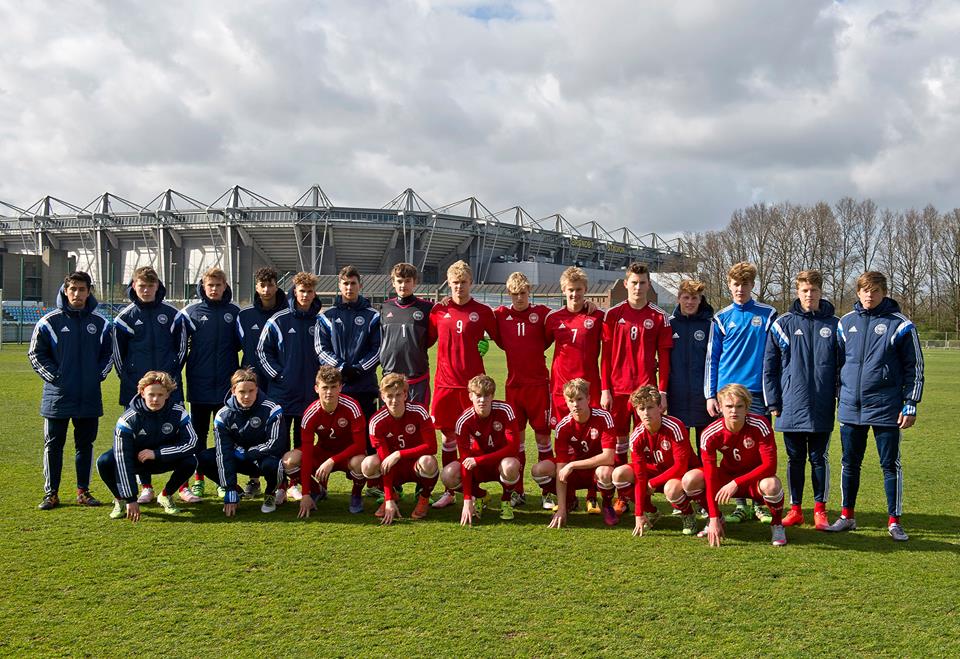Just a few years ago the Danish Under-17 national team made waves when it qualified for the Under-17 World Cup by reaching the semi-finals of the 2011 European Championship.
Now, the latest batch of talented youngsters are looking to repeat that feat at the 2016 Under-17 European Championship in Azerbaijan.
However, the Danes face stern opposition in Group C. Current holders France await in the first match this evening at 17:00, followed by a noon kick off against Sweden on Monday and then England on Thursday at 17:00.
“We have to be able to control the games when we have the ball. But we are focusing a little bit more on counterattacks than usual,” said Jan Michaelsen, Denmark’s coach.
READ MORE: DBU stepping up pressure on Qatar following critical report on WC stadia
Echoes of ’92
And yet the Danes are quietly confident. They topped a qualification group that included Greece and Iceland before winning their elite round group ahead of Scotland, Czech Republic and Switzerland.
“We have some good and fast players up front who can hurt any opposition. They proved that during qualification, and that’s certainly grounds for optimism,” said Michaelsen.
And the kids also have precedence on their side. Denmark’s group is identical to the one the nation faced during the European Championships in 1992 in Sweden.
And we all know how that turned out.














